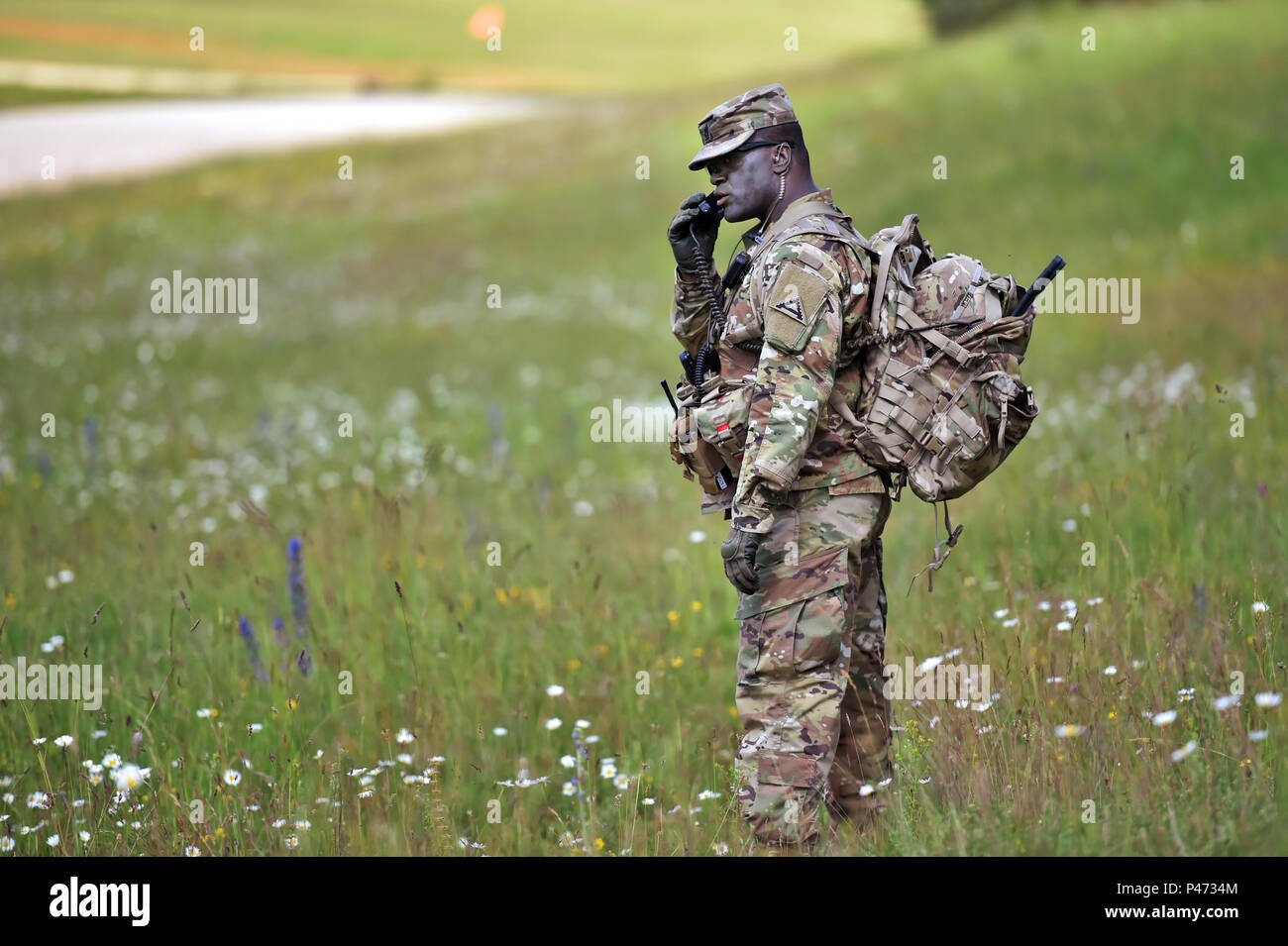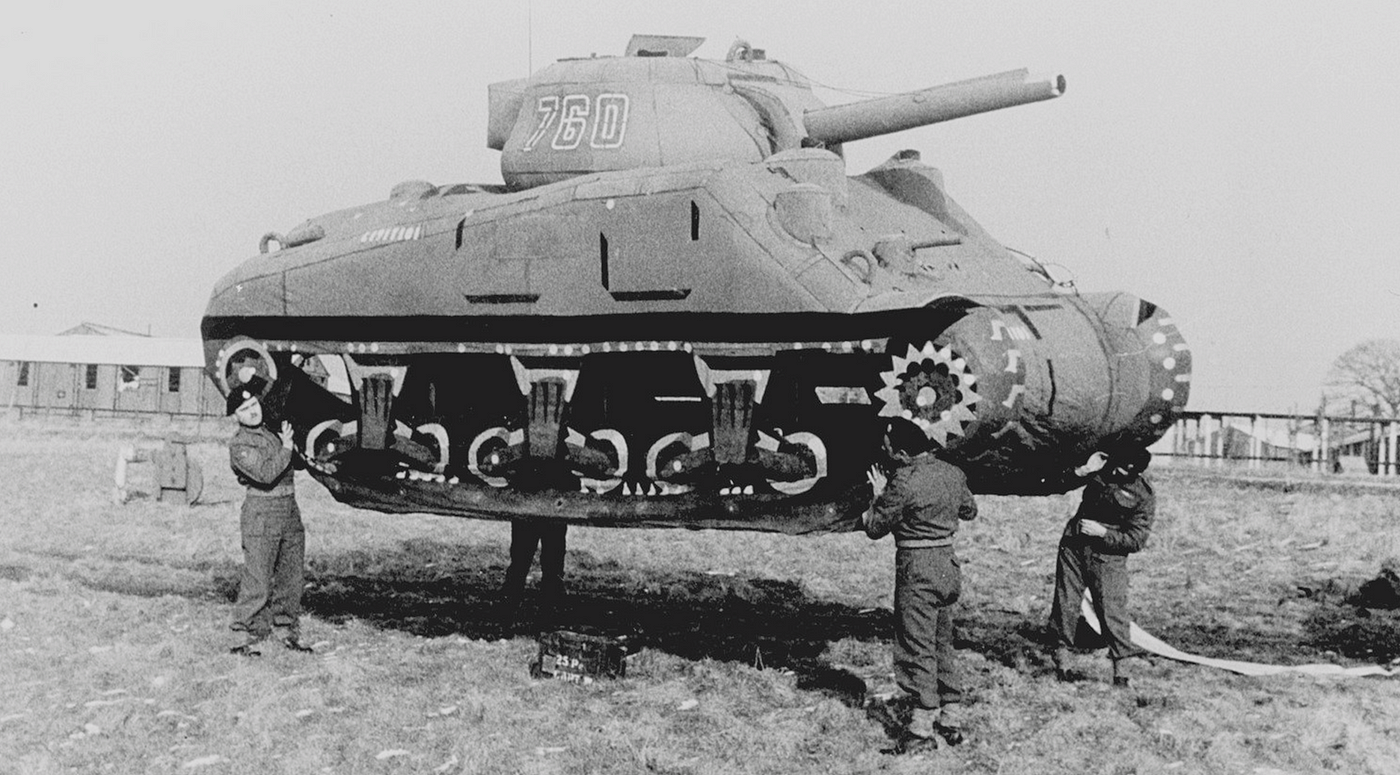Kelly's Military - The myth of the missing Nazi gold actually was mistaken for the original 728 bars that ended up in Frankfurt, but the 100 boxes faded from memory as fast as they were uncovered in the mountains.
It wasn't until 1957 that any missing gold entered the public consciousness, when it appeared in the "Guinness World Records" book under the heading "Robbery: Biggest Unsolved." It reads: Since a young Italian girl, the impact of the aftermath of WWI and WWII, into music and cinema took my attention.
Kelly's Military
It goes without saying, that also justifies why I am running this website in English, British and American cultures still have a huge influence on the Italian mood. The Americans knew the currency and gold were in the area and were looking for it.
Want To Learn More About Military Life?
Two German officers took charge of clandestinely moving the reserves little by little and reburying it in an area adjacent to a friendly alpine lodge. The Americans soon discovered the cache through the help of captured internees and two German informants.
The gold was buried in the mountains near Lake Walchen under a false tree stump and was discovered by U.S. armored engineers -- nine tons of it, 728 bars worth $15,000 each. They took the gold to a depository at the Reichsbank building in Frankfurt.
In fact, all descriptions of the two gold sites differ, from the level of inclines to the presence of a creek and the absence of a trail at the Singleton site. Singleton doesn't even recognize anyone in the photos taken at the first cache.
Thanks for your well-informed article. I do want to point out, though, that to say that this was Kelly's first dramatic role is an incorrect statement. In 1944, he starred in Robert Siodmak's very dark film noir CHRISTMAS HOLIDAY, in which he played a murderer with a mother fixation.
Although it was an excellent film, it was not a huge success, and Kelly soon returned to the lighter musical roles he was best known for. Siodmak is one of those refugees from central Europe who made Hollywood so much more interesting with moody and morally ambiguous films.
I have never seen Christmas Holiday (though I plan to). When going over Kelly's filmography I had assumed it was just light holiday fare. Siodmak would probably have enjoyed that mistake. We plan to correct the blog, so that when it's reblogged the information is entirely accurate.
Thanks for the correction! — Mike Sappol Combat Fatigue Irritability was made during World War II as a "naval training film" (although, unlike most military training films, there is very little training going on in this film).
First screened in 1945, it was probably only shown to two select groups: men who were being treated in military facilities for what was then called "combat fatigue" (a category that eventually gave rise to our term, "post-traumatic stress disorder"
); and to health professionals who treated such men. It was a "restricted" film, only for military viewing. After the war it was forgotten. It has never received any attention from film historians, and very little from fans (a few of whom did know of it but never got to see it).
It is missing from the Gene Kelly filmographies in reference books and not listed on IMDB, Wikipedia and other websites. Then, Gen. George Patton's Third Army launched a surprise attack that tore through the Nazi defenses.
Before his forces captured Merkers and the money hidden in the mines, the Germans moved some of the contents, but much of it was captured by the Americans and moved to Frankfurt. Thanks to all. One more shout out to all of those who are now viewing Combat Fatigue Irritability: can any of you identify any of the other cast members (none of whom are credited)?
I'm especially interested in identifying the actor who plays the wise psychiatric officer, who also appears in other military psychiatric films of the period. Not all of it was in Berlin that day, but there was enough of it that the German government was compelled to move the gold to a potassium mine in Merkers, Germany, for safekeeping.

Also in the mine were Germany's paper currency reserves, pilfered works of art, stolen gold and silver from death-camp victims, and the captured currency from other nations. Screenwriter Troy Kennedy Martin first learned about the real-life gold heist in an entry titled "The Greatest Robbery on Record" in the "Guinness World Records" book.
In the real world, the gold wasn't just a bunch of Nazi loot; it was the German National Gold Reserve. On Feb. 3, 1945, a massive Allied air campaign over Berlin wrecked many of the city's important government fixtures.
Among them was the Reichsbank, where Nazi Germany stored its gold reserves. Some 950 bombers flattened the German capital, exposing the bank's vault. Its valuable contents were left intact, but would not survive another raid like the one on Feb.
3. The vault contained Germany's gold reserves, as well as those looted from Czechoslovakia, Austria, Hungary, Albania, Belgium, Italy, Holland and the Soviet Union. In all, there was more than $21 billion (in 2021 dollars) in the German Reichsbank.
The OSS agents led the group to a creek and a steep incline in the mountains that leveled off at a certain point. There, they found a trap door that led to a 12-square-foot bunker filled with gold bars.
They removed the gold and slid it down the mountain rather than carry it (to prevent injuries). They put the gold in bags and loaded them onto the trucks provided by the OSS. "Kelly's Heroes" is a war movie like no other.
The 1970 film is set in World War II Europe and features a group of ne'er-do-wells who learn about a cache of stolen Nazi gold behind enemy lines and form a mission to get it for themselves.

And not only does Singleton's photo back up his memory, there's no record of the order Capt. Craig received about picking up the gold. The only physical evidence is the telegram he received after the deed had been done, but the gold loaded onto the two OSS trucks was never registered in Munich.
Psychiatry, of course, was not the only profession inducted into the war effort. Film was an emblematically modern technology, and thought to be almost magically effective in educating and motivating viewers. The U.S. military reached out to Hollywood to produce movies that entertained and distracted the troops, bolstered morale, promoted health, improved efficiency, and complemented classroom and field instruction.
The U.S. The military also drafted Hollywood talent, directors, animators, technicians and actors, including up-and-coming stars like Gene Kelly. To learn more about the details of the world's biggest unsolved gold heist, check out "Nazi Gold: The Sensational Story of the World's Greatest Robbery -- and the Greatest Criminal Cover-Up" by Ian Sayer and Douglas Botting.
Not only was the gold far behind enemy lines, the Germans were in the process of making a big push against the Allies while supply problems stalled the push into Europe. The gold was also in a locked bank, guarded by a team of Tiger tanks.
It's not really a spoiler to reveal that Kelly's makeshift platoon gets the gold in the end -- but it might be a surprise to learn the heist was based in reality. Whether you're thinking of joining the military, looking for post-military careers or keeping up with military life and benefits, Military.com has you covered.
Subscribe to Military.com to have military news, updates and resources delivered directly to your inbox. Singleton's commander, a Capt. Craig, told him that he received orders for the provost marshal to take a couple of guards and a half track into the mountains with some former German officers to find a load of gold buried there.
Two American intelligence officers from the Office of Strategic Services met them on the road to the pass with two 2.5-ton trucks. Combat Fatigue Irritability will be screened at the New York Academy of Medicine (1216 Fifth Avenue at 103rd St., New York, NY) on Saturday October 5, 2013, at 1:00 P.M.

The screening is part of an all-day Festival of Medical History and the Arts and is free and open to the public. A second screening, also free and open to the public, will take place as part of the History of Medicine Lecture Series at the National Library of Medicine (Lister Hill Auditorium, Bldg. 38A, 8600 Rockville Pike, Bethesda, MD), on November
19, 2013, beginning at 2:00 P.M. First the war: America entered World War II in December 1941, after the bombing of Pearl Harbor. From early on, the conflict was seen as a total war and a modern war, requiring modern methods in every respect.
Thus "all hands on deck" included the deployment of university-educated professionals and the application of professional expertise and technology at every level in shaping policy and carrying it out. Missing, but never really lost. For the last six decades or so, a copy has been filed away, along with thousands of other films, at the National Library of Medicine.
The only people it has lost to are the public and Gene Kelly's devoted and still numerous fans. The next day, Singleton received a telegram from divisional headquarters, saying the gold arrived in Munich. It was just another day in the life of the provost marshal.
He remembers because he sent his wife a letter describing the gold, along with a photo he'd taken at the bunker. But Singleton swore his account and the account of the 728 captured bars are different caches.
Readers here may want to know a bit of historical context: on the role of film, and particularly training films, in the American war effort; on medicalization and the role of psychiatry in the war effort;
and also on the making of Combat Fatigue Irritability. That wasn't all of Germany's gold bullion, however. What was left of the Reichsbank reserves were spread out in branches across Germany. The German south became the repository of the rest of the Nazi gold, hidden away in mines, houses and mountains, just to name a few places.

An estimated $151 million was sent to Bavaria, specifically the Alpine resort town of Mittenwald, where it was eventually hidden away in a remote mountain lodge. But 25 crates of 100 gold bars each still were missing.
They were not among the 728 dug up in the mountains. Most of the answers regarding the missing gold came from Sgt. Albert Singleton, 10th Armored Division's provost marshal of the Mittenwald area after the war.
"The greatest robbery on record was of the German National Gold Reserves in Bavaria by a combination of US Military personnel and German civilians in June 1945, A total of 730 gold bars valued at £3,528,000 together with six sacks of bank notes and 25 boxes of
platinum bars and precious stones disappeared in transit but none of those responsible have been brought to trial." Read an interview with Kerry Kelly Novick, a practicing psychoanalyst and the daughter of Gene Kelly and actress Betsy Blair, in which she discusses Combat Fatigue Irritability, Gene Kelly, and her own life and career as a psychoanalyst specializing in the treatment of children.
Watch her talk Unique Perspectives on Gene Kelly's 1945 Film Combat Fatigue Irritability on Medicine on Screen. Despite its unappealing title, Combat Fatigue Irritability is one of the best military productions of the war. It features a good script, score, editing, direction, and superb acting by an uncredited cast.
Gene Kelly directs and plays the lead role of Seaman Bob Lucas, a troubled and angry "fireman" whose ship was sunk in battle. Many sailors died at sea, and Lucas came close to death himself. But he came through it and suffers from what might now be termed "survivor's guilt" or "post-traumatic stress disorder."
After repeatedly lashing out at everyone around him, Seaman Lucas comes to understand and control his emotions, and moves from illness to wellness, with the help of a wise (and, typical for the era, chain-smoking) psychiatrist officer.
kelley's military, kelley's militaria, kels militaria, 1944 militaria, kelley's militaria website, summer vacation militaria, kelly's militaria coupon, hessen antique

